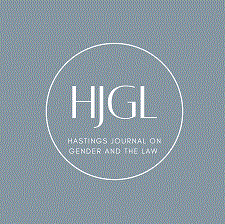
Abstract
This paper explores the conceptual and racial status of "Punjabi Mexicans" at the turn of the twentieth century. In the literature, this group appears to be a "given," i.e., it is portrayed as a coherent identity that emerges from a simple set of circumstances. Yet, it is anything but a given; its existence and its collective and individual consciousness is created out of a complex nexus of legal, political, social, and natural environments that spurred the migration of East-Indian men and Mexican women from their homelands and to their adopted lands. By understanding human beings as subjects rather than as individuals whose identities are constrained by monochromatic narratives of "rationality" or "irrationality," we can understand their "subjectivity" as emerging from the complex interstices of power. Scholars who utilize post-colonial theory, subaltern studies, and American race discourses have not extensively explored the subjectivity of this particular population. Consequently, this article asks what might account for this eclipse and others like it in some of the most compelling scholarly literatures that focus on exploited, undervalued, or otherwise neglected populations. The author does this by addressing the question of what it means to be Punjabi Mexican for the first generation partners in these alliances. She also considers some respectful new ways to understand such hybrid subjectivities that are missed through these filters.
Recommended Citation
Faljuni A. Sheth,
Am I That Race - Punjabi Mexicans and Hybrid Sensitivity, or How To Do Theory So That It Doesn't Do You,
21 Hastings Women's L.J. 311
(2010).
Available at: https://repository.uclawsf.edu/hwlj/vol21/iss2/4

